Mar 22, 2024
Bees Abroad sustainable beekeeping: supporting the local environment
‘Food, Beekeeping and Social Justice’, that’s the title of our latest campaign for the Green Match Fund (GMF). This is the second year we have been accepted to take part in the GMF, a campaign that supports charities that play a role in influencing environmental issues.
We chose the theme of ‘Food, Beekeeping and Social Justice’, because the issues of the environment, food production and human wellbeing are intersectional and affect many communities we work with.
We have a holistic approach to sustainable beekeeping that covers the three pillars of sustainability: environment, social, economic. Enabling communities to continue the work after they graduate from our support is paramount and supporting the local environment is a key part of this. After all, the health of a bee colony, and quality of honey harvest is inextricable to the health of the local environment.
The upcoming Green Match Fund is a great opportunity to share more about the environmental side of our sustainable beekeeping approach.

Bees naturally increase food production
Many of the communities we work with have reported increases in crop yields after taking up beekeeping. Bees Abroad supported research on the effects of beekeeping on crop production with a local partner in India. The study found that beekeepers with Cerana boxes saw a 282% increase in cashew production compared to the control group. You can read the full report here.
Another example of this comes from Rwenzori rural talent, a farming community on the slopes of the snow-capped Rwenzori mountains in Uganda. One of the many crops this community grows is coffee. After taking up beekeeping following training from us, they reported around 20% increase in their coffee yields, which is in line with research on the effects of beekeeping on coffee production. We wrote about this in the green campaign last year, you can find the full story on our blog.
Providing forage for bees to ensure good honey production and reduce pressure on existing forage that other pollinators may depend on is an important part of our approach to sustainable beekeeping.

Improving the local environment by providing forage
We work with rural communities but in some of the locations the local environment has been significantly degraded. Local environment degradation is often the result of an acute need to earn income to meet basic human needs for example cutting down trees to sell or use as firewood for cooking. In these locations there may not be enough forage to produce a good quantity or quality of honey and the introduction of beekeeping would pressurise an already struggling environment. In these cases, we will adapt our core training to include recommendations on how to improve forage, such changes to the crop mix to have crops that flower at different times or planting bee friendly flowers and trees.
Not all project locations are environmentally degraded, some are verdant and rich in vegetation and forage, in these locations, activities around providing forage for bees may not be necessary.

Locally appropriate
A locally appropriate approach is at the heart of what we do. Related to forage availability, we will only approve new projects if it doesn’t put undue pressure on the local environment and existing beekeepers and only approve projects with appropriate aims for apiary size.
Forage is one of the many factors that affect what beekeeping practices are best for a particular environment. The eco-regions of the locations the communities we work with vary significantly, from mountain slopes to tropical rainforest to semi-arid regions. The eco-regions effect the timing and number of harvests appropriate for the location. We use trusted local trainers who understand the local conditions and can provide specific, tailored advice on beekeeping specific to the area.

Improving the local environment by providing ecological training
Practices like slash and burn, honey hunting and use of pesticides are unfortunately sometimes used by members of the communities we work with, or by others in the area. As well as training on forage awareness where necessary, we will provide information on the impact of these practices on beekeeping and the local environment.
Our trainers are often passionate advocates, for example, Daniel, one of lead trainers in Uganda has spoken to the National Park about their slash and burn practices. He has also reached out to the local government entomologist to advocate for bees and other pollinators, as their work often focuses on pest control to the detriment of pollinating insects.
It’s not just the trainers who are passionate about this, many community members become proactive advocates for bee-friendly practices that benefit the local environment. We will share an example of a community doing this in Nigeria later in the campaign.

Sustainable hives
Building bee hives is obviously a critical aspect of our work. Offering options for hive types, and options for production needs to be appropriate to the area and offer a solution that can work long after the projects have graduated from our support.
Hive production is a big topic and deserves its own article. We are working on said article and look forward to sharing more of this aspect of our work.
Food, Beekeeping and Social Justice
We’ll be sharing more on our work on the theme of Food, Sustainability and Social Justice throughout this campaign. Stay tuned for more!
We are aiming to raise £5,000 in donations to support projects in Ghana, Nigeria, Uganda and Sierra Leone. You can find out more about what we aim to do with the funds in each of the countries on our campaign page.
You can have your donation DOUBLED April 18-25. Any donations via the Big Give platform for one week from Thursday 18th to Thursday 25th of April will be matched by the Big Give foundation. You can turn £10 in to £20, £25 in to £50, £500 in to £1,000, you get the idea! One donation, double the impact. We can only provide support to the communities we work with because of your generosity.














